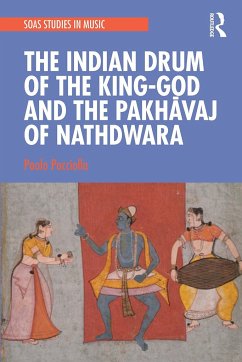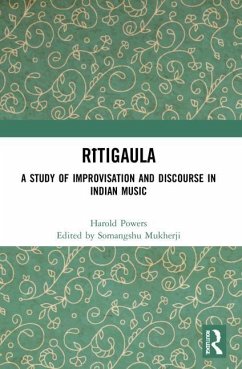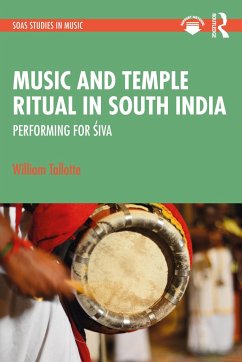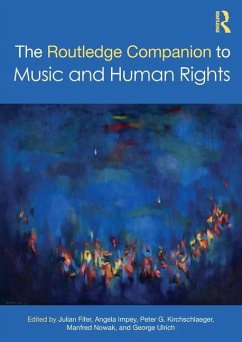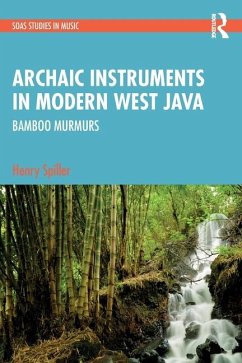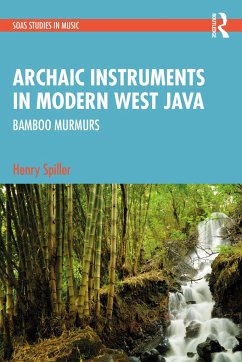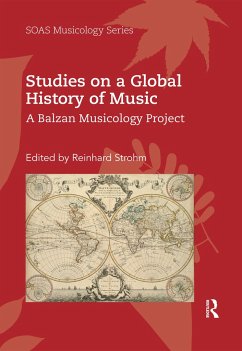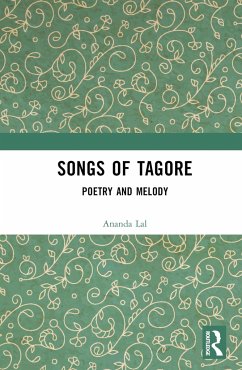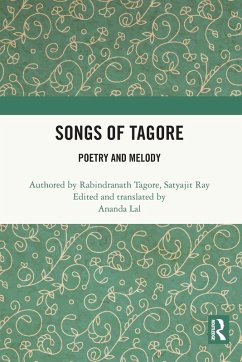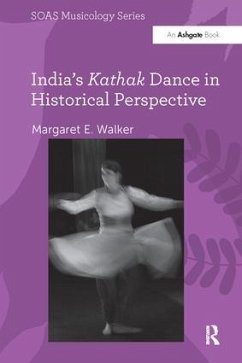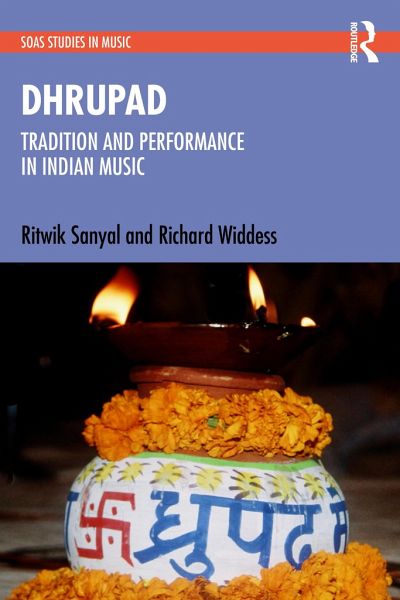
Dhrupad
Tradition and Performance in Indian Music

PAYBACK Punkte
22 °P sammeln!
Dhrupad is believed to be the oldest style of classical vocal music performed today in North India. This detailed study of the genre considers the relationship between the oral tradition, its transmission from generation to generation, and its re-creation in performance. There is an overview of the historical development of the dhrupad tradition and its performance style from the sixteenth to the nineteenth centuries, and of the musical lineages that carried it forward into the twentieth century, followed by analyses of performance techniques, processes and styles. The authors examine the rela...
Dhrupad is believed to be the oldest style of classical vocal music performed today in North India. This detailed study of the genre considers the relationship between the oral tradition, its transmission from generation to generation, and its re-creation in performance. There is an overview of the historical development of the dhrupad tradition and its performance style from the sixteenth to the nineteenth centuries, and of the musical lineages that carried it forward into the twentieth century, followed by analyses of performance techniques, processes and styles. The authors examine the relationship between the structures provided by tradition and their realization by the performer to throw light on the nature of tradition and creativity in Indian music; and the book ends with an account of the 'revival' movement of the late twentieth century that re-established the genre in new contexts. Augmented with an analytical transcription of a complete dhrupad performance, this is the first book-length study of an Indian vocal genre to be co-authored by an Indian practitioner and a Western musicologist.





